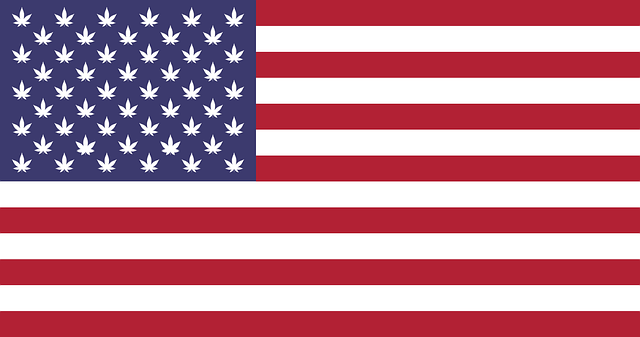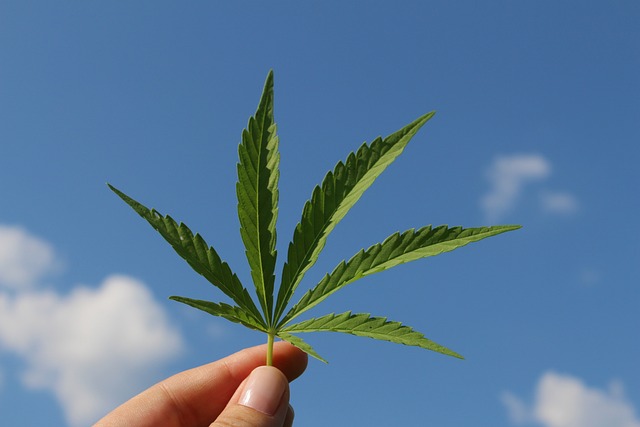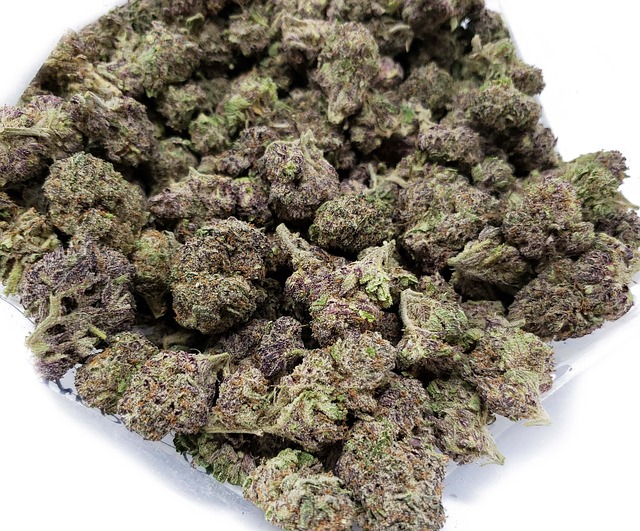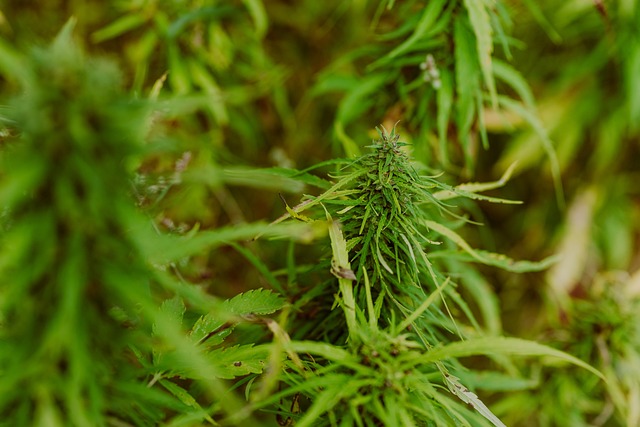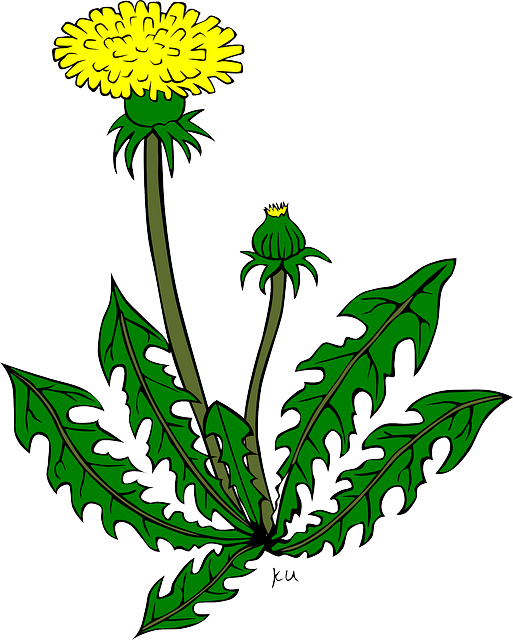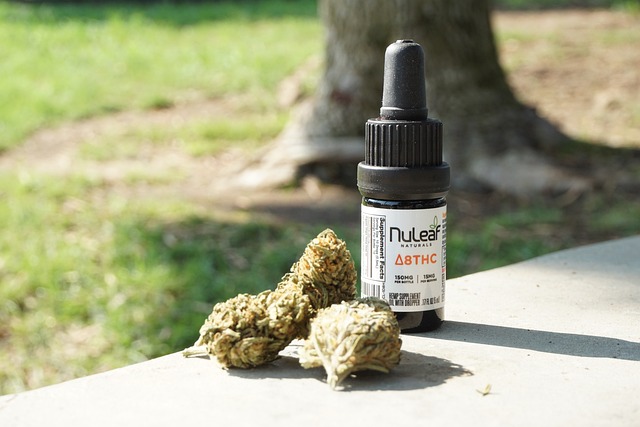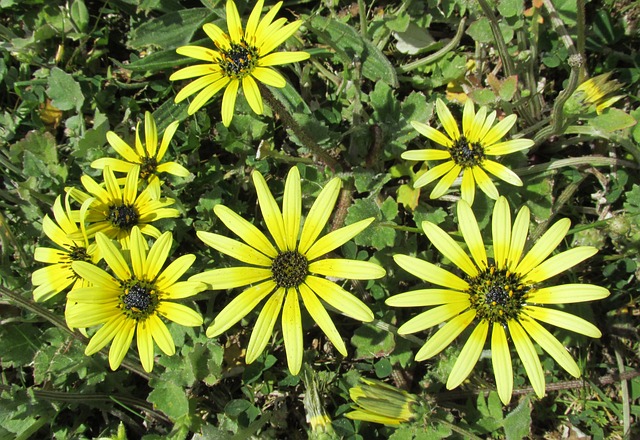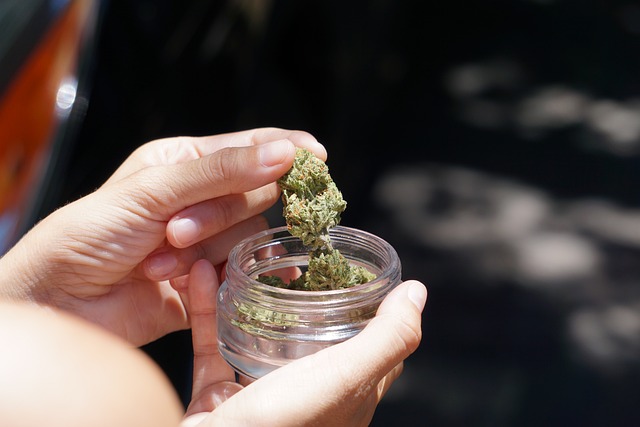Thca Flower Effects and Benefits: A Comprehensive Analysis
Introduction
In the ever-evolving realm of alternative therapies and botanical exploration, a particular flower has garnered significant attention for its potential medicinal and therapeutic properties – the THCA (Tetrahydrocannabinol Acid) flower. This article delves into the multifaceted world of THCA flowers, examining their effects, benefits, and the global impact they have on health, economics, technology, policy, and society at large. As a growing body of research sheds light on its potential, understanding THCA flowers has become more crucial than ever. We will explore every facet, from scientific explanations to real-world applications, to provide a comprehensive guide to this remarkable natural resource.
Understanding THCA Flower Effects and Benefits
Definition and Core Components
THCA flower refers to the unprocessed form of cannabis containing tetrahydrocannabinol (THC) acid. It is a compound found in the plant species Cannabis sativa, commonly known as marijuana or hemp. THCA is one of over 100 cannabinoids identified in cannabis, each with unique chemical structures and potential therapeutic effects. The primary active compounds in THCA flowers include:
- Tetrahydrocannabinol (THC): Known for its psychoactive properties, THC interacts with the endocannabinoid system (ECS) in the body, influencing mood, memory, appetite, and pain perception.
- Cannabidiol (CBD): Unlike THC, CBD is non-intoxicating and has gained popularity for its potential anti-inflammatory and anxiolytic effects.
- Other Cannabinoids: Minor cannabinoids like CBG (Cannabigerol) and CBN (Cannabinol) also contribute to the therapeutic profile of THCA flowers.
Historical Context and Significance
The use of cannabis for medicinal purposes dates back centuries, with ancient cultures recognizing its healing properties. However, the modern understanding of THCA flower’s effects began in the mid-20th century when scientists started isolating and studying cannabinoids. The discovery of THC and its impact on the body opened doors to extensive research, leading to a growing body of evidence supporting various health benefits.
Today, THCA flowers are at the forefront of the global cannabis revolution, driving scientific exploration, policy changes, and a shift in public perception. Its potential therapeutic applications range from managing chronic pain and reducing anxiety to alleviating symptoms associated with cancer and multiple sclerosis. As research continues, the significance of understanding THCA flower effects becomes increasingly vital for healthcare professionals, policymakers, and individuals seeking alternative treatment options.
Global Impact and Trends
The global impact of THCA flowers is profound and multifaceted, with key trends shaping its trajectory across different regions:
| Region | Impact and Trends |
|---|---|
| North America | Leading the legal cannabis market, several US states have legalized medical and recreational use, driving significant investment and research. Canada’s legalization has also contributed to a global boom in cannabis-related products. |
| Europe | Many European countries have legalized medical cannabis, leading to a surge in cultivation and product development. The UK’s strict regulations contrast with Germany’s more open approach, influencing regional market dynamics. |
| Asia | China, despite its stringent controls, is a major producer of hemp and cannabidiol (CBD) products. Japan has recently legalized medical cannabis, expected to boost the Asian market. South Korea is also exploring potential benefits for veterans and patients with chronic conditions. |
| Latin America | Countries like Uruguay and Brazil have embraced legal cannabis, fostering research and cultivation. Mexico’s recent legalization paves the way for a thriving industry. |
| Africa | With favorable climates for cannabis cultivation, some African nations are emerging as significant producers. South Africa, in particular, has a growing medical cannabis sector. |
These regional trends showcase the diverse ways THCA flowers are shaping global health and economic landscapes, with each country adopting unique approaches to regulation and utilization.
Economic Considerations
The economic aspects of THCA flowers are multifaceted, spanning market dynamics, investment patterns, and industry growth:
- Market Dynamics: The global cannabis market is projected to reach USD 73.6 billion by 2027, growing at a CAGR of 24.9% (Source: Grand View Research). THCA flower products, including oils, tinctures, and topical creams, are gaining popularity in both legal and illegal markets.
- Investment Patterns: The cannabis industry has attracted significant investment from venture capitalists, private equity firms, and hedge funds. As of 2021, global investments in cannabis exceeded $6 billion (Source: Viridian Capital Advisors).
- Economic Impact: Legalized cannabis industries create jobs, stimulate local economies, and generate tax revenue. For example, Colorado’s legal cannabis market generated over $200 million in tax revenue in 2020 (Source: Colorado Department of Revenue).
- Challenges: The illegal nature of cannabis in many countries poses challenges for investors and businesses, leading to high operational costs and regulatory risks.
Technological Advancements
Technology plays a crucial role in understanding and utilizing THCA flowers’ potential:
- Cannabinoid Extraction: Advanced extraction techniques, such as CO2 and ethanol extraction, allow for the isolation of specific cannabinoids, ensuring purity and potency.
- Product Innovation: THCA flower is transformed into various products, including oils, capsules, edibles, and topicals, offering diverse consumption methods to suit individual preferences.
- Analytical Testing: Modern analytical tools enable precise measurement of cannabinoid concentrations, ensuring product quality and consistency.
- Research Tools: Advanced research techniques, such as in vitro studies and animal models, contribute to our understanding of cannabinoids’ mechanisms of action and potential therapeutic applications.
Policy and Regulatory Landscape
The policy and regulatory landscape surrounding THCA flowers is rapidly evolving globally:
- Legalization: Many countries and states have legalized medical cannabis, leading to the establishment of regulated markets with strict quality control measures.
- Regulations: Regulations cover cultivation, processing, labeling, and distribution, ensuring consumer safety and product integrity.
- International Cooperation: Organizations like the World Health Organization (WHO) and the United Nations Office on Drugs and Crime (UNODC) are working towards harmonizing international standards and regulations for cannabis research and control.
- Public Perception: Growing public support for cannabis reform has led to policy changes, reflecting a shift in societal attitudes.
Therapeutic Applications
THCA flowers have garnered attention for their potential therapeutic benefits, backed by scientific research:
- Pain Management: Cannabinoids interact with the ECS to reduce chronic pain associated with conditions like fibromyalgia and arthritis.
- Anxiety and Stress Relief: THC’s anxiolytic properties can help manage anxiety disorders and promote relaxation.
- Nausea and Appetite Stimulation: THCA is effective in reducing chemotherapy-induced nausea and stimulating appetite, benefiting cancer patients undergoing treatment.
- Inflammation and Immunomodulation: Cannabinoids possess anti-inflammatory properties, making them potential treatments for conditions like multiple sclerosis (MS) and inflammatory bowel disease (IBD).
- Neuroprotection: Some studies suggest that cannabinoids may have neuroprotective effects, offering potential benefits for neurodegenerative disorders.
Social and Cultural Implications
The rise of THCA flowers has significant social and cultural implications:
- Healthcare Disparities: Legalization and access to cannabis-based treatments can help address healthcare disparities, providing alternative options for underserved communities.
- Stigma Reduction: Growing acceptance and research are reducing the stigma associated with cannabis use, encouraging open dialogue about its potential benefits.
- Community Engagement: Cannabis culture fosters community building, with patient advocacy groups and educational initiatives promoting responsible use and support for legal reform.
- Art and Expression: THCA flowers have inspired artistic expressions, from cannabis-themed art exhibitions to culinary creations, reflecting cultural shifts in attitude.
Challenges and Considerations
While THCA flowers hold immense potential, several challenges and considerations must be addressed:
- Research Gaps: Despite growing research, many questions remain unanswered regarding optimal dosage, long-term effects, and interactions with other medications.
- Quality Control: Ensuring product quality and purity is essential to prevent adverse reactions and ensure efficacy.
- Regulation and Standardization: Developing standardized regulations globally is crucial for consumer protection and ensuring the safe distribution of cannabis products.
- Public Education: Educating the public about responsible use, potential risks, and benefits is vital for reducing misuse and promoting informed decisions.
- Legal and Policy Challenges: Navigating complex legal landscapes and advocating for policy changes to support research and access are ongoing challenges.
Future Outlook
The future of THCA flowers looks promising as scientific exploration continues to unlock its therapeutic potential:
- Personalized Medicine: Advancements in cannabis genetics and phytochemistry will enable tailored treatments based on individual cannabinoid profiles.
- Pharmaceutical Integration: The development of pharmaceutical-grade cannabis products could lead to widely accepted, standardized medications.
- International Collaboration: Global cooperation in research and policy can foster a more uniform understanding and regulation of cannabinoids.
- Healthcare Integration: THCA flowers may become integrated into conventional healthcare systems, offering alternative treatment options for various conditions.
- Public Awareness: Increased public awareness and education will empower individuals to make informed decisions regarding their health and well-being.
Conclusion
THCA flowers represent a remarkable natural resource with immense potential to impact global health and wellness. From its historical roots to modern scientific explorations, understanding its effects and benefits has become more crucial than ever. As the world navigates the challenges and embraces the opportunities presented by THCA flowers, the future looks bright for this promising natural remedy.
Further research, open dialogue, and thoughtful policy decisions will shape the course of THCA’s role in healthcare, economics, and society, ultimately benefiting individuals seeking alternative paths to well-being.
